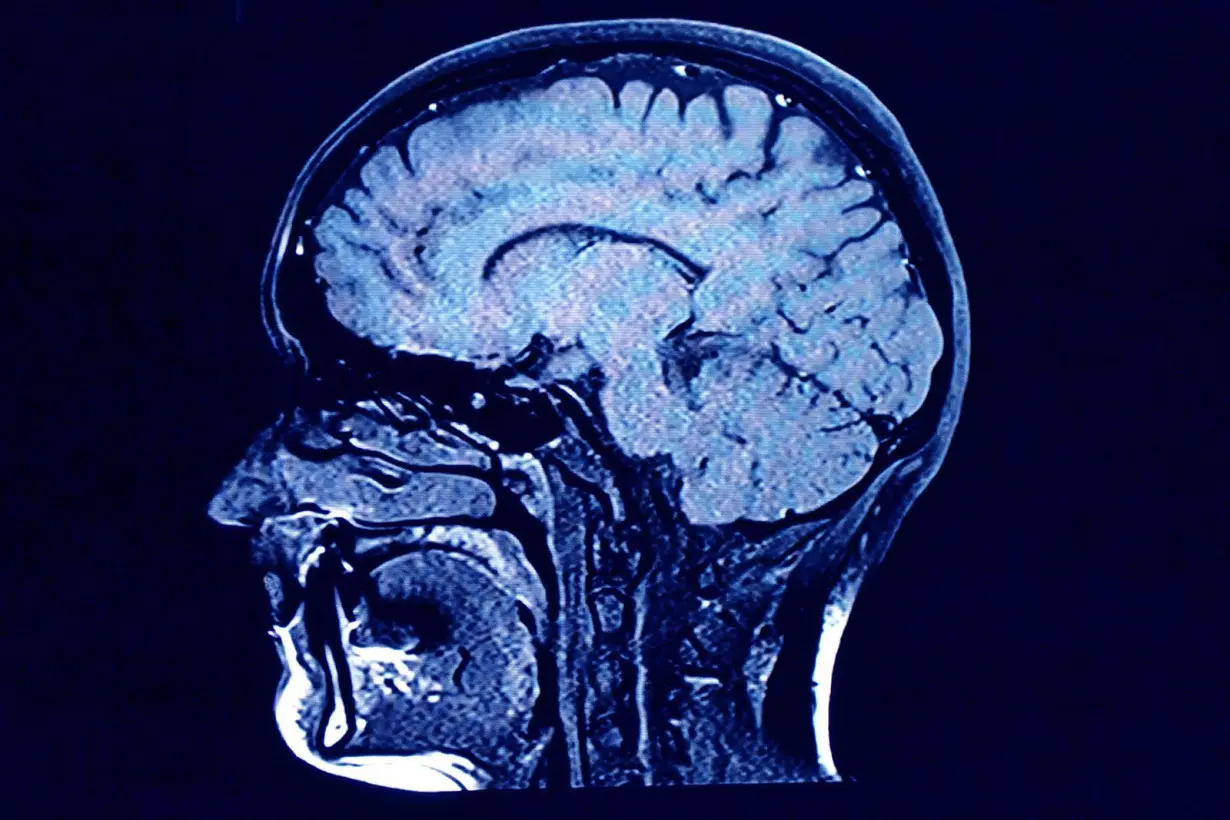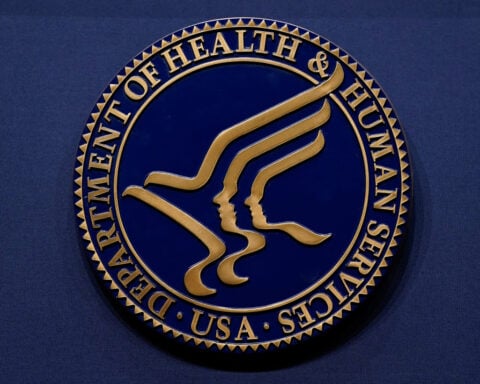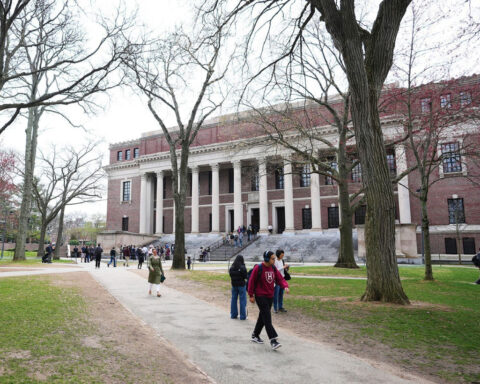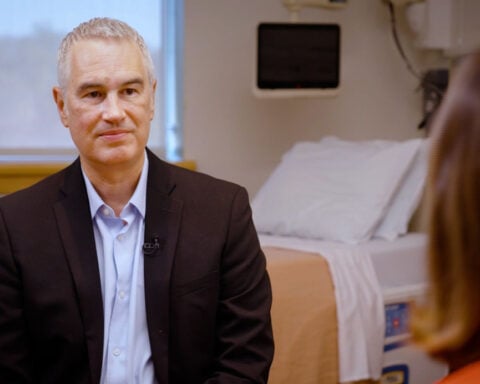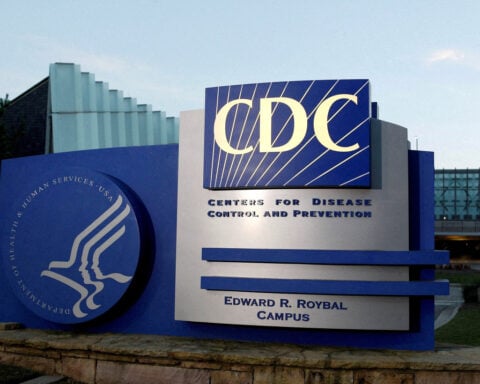(CNN) — Researchers are uncovering deeper insights into how the human brain ages and what factors may be tied to healthier cognitive aging, including exercising, avoiding tobacco, speaking a second language or even playing a musical instrument.
Some aspects of cognitive abilities in older age may be connected to test scores around age 11, according to a review paper published Thursday in the journal Genomic Psychiatry from Genomic Press New York.
The paper, based on data from the Lothian Birth Cohorts studies in Scotland, suggests that about half of the variabilities in people’s cognition at older ages – why some people may have greater cognitive decline than others – may already have been present in their childhoods.
Yet some adult lifestyle factors still appeared to be linked with improved cognitive performance and slower aging of the brain.
“We have found that things like keeping physically and mentally active and engaged, having few ‘vascular’ risk factors (such as high blood pressure, cholesterol, smoking, BMI), speaking a second language, playing musical instruments, and having a younger-looking brain and many more show detectable-but-small associations,” Simon Cox, an author of the new paper and director of the Lothian Birth Cohort Studies at the University of Edinburgh, said in an email.
“We came up with the idea that ‘Marginal Gains, Not Magic Bullet’ is a good way to think about a recipe for better cognitive ageing: rather than finding that one single thing has a huge risk, we see lots and lots of (often partly-overlapping) factors that each probably contributes a little bit to your risk for cognitive ageing,” Cox said.
He added that such lifestyle factors – when they are considered all together – can add up to explaining “about 20%” of the differences seen in cognitive declines across the ages of 70 to 82.
The Lothian Birth Cohorts involve data from two studies of older adults: a group of Scottish adults born in 1921 and another group born in 1936. They all took a validated cognitive test at age 11 and were then tested in their 70s, 80s and 90s for cognitive functions and fitness, among other factors.
“We first took MRI scans of the participants when they were 73 years old. One of the most striking things about the study for me is how wide the differences are between their scans,” Cox wrote.
“Even though they were all the same age, some brains looked perfectly healthy (and wouldn’t be out of place amongst scans of 30 or 40 year olds),” he said. “Whereas others showed lots of shrinkage and damage to the white matter connections, along with other features that are related to cognitive ageing and dementia.”
White matter is the tissue that forms connections between brain cells and the rest of the nervous system, helping these regions communicate with each other through nerve signals. Having decreased or damaged white matter can slow the brain’s ability to process information.
Overall, “it shows us that brain ageing at age 73 is not an inevitability, while also strongly motivating us to research what we can do to emulate those lucky few who arrive at that age with such pristine brains,” Cox said.
Older adults whose memory seems as sharp as that of people 20 to 30 years younger have been referred to as cognitive super agers.
“Not all of the aspects of brain ageing happen together in the same people,” Cox said. “We are now looking into whether different constellations of brain ageing features are driven by particular subsets of risk factors.”
As a researcher of the aging brain, Dr. Richard Isaacson said, the new paper spoke to him.
“It was a really practical, narrative overview of the ‘nuts and bolts’ about why this type of research is so hard, and several best practices to retain as much value as you can when you start a long-term study like this,” said Isaacson, director of research at the Institute for Neurodegenerative Diseases in Florida, who was not involved in the paper.
There is a robust body of research on key differences in lifestyle that may contribute to differences in an aging brain. For instance, poor sleep is a key risk factor for cognitive decline, and mental health issues such as depression are known risk factors for developing dementia.
Getting regular exercise by walking or cycling just three times a week may improve thinking skills, according to a 2018 study. Adding a heart-healthy diet to your routine also can help slow brain aging and reduce dementia risk. And a 2020 study suggests that daily meditation could slow brain aging.
Experts developed a tool named the Brain Care Score and a study published last year showed that it may help assess a person’s risk of developing dementia or having a stroke as they age.
The 21-point score refers to how a person fares on 12 health-related factors concerning physical, lifestyle and social-emotional components of health, according to the study, published in the journal Frontiers in Neurology. The researchers found that participants with a higher score had a lower risk of dementia or stroke later in life.
Those 12 factors are blood pressure, blood sugar, cholesterol, body mass index, nutrition, alcohol consumption, smoking, aerobic activities, sleep, stress, social relationships and finding meaning or purpose in life.
For anyone hoping to improve the health of their aging brain, “seeing your doctor at least every year or twice a year” to talk about your overall physical health, vascular health and chronic diseases is important, Isaacson said.
“Those things may not exactly cause Alzheimer’s, but it can fast forward cognitive aging and fast forward cognitive decline. So seeing your primary care doctor and getting your blood pressure taken – everyone needs to know their numbers. What is your blood pressure? What is your fasting blood sugar? What are your cholesterol numbers?” he said. “Another important thing is to track bone health. I think a lot of people are unaware that bone health, muscle strength and grip strength are things that are absolutely imperative and predict brain health outcomes over time.”
The-CNN-Wire
™ & © 2024 Cable News Network, Inc., a Warner Bros. Discovery Company. All rights reserved.

 Trump has begun another trade war. Here's a timeline of how we got here
Trump has begun another trade war. Here's a timeline of how we got here
 Canada's leader laments lost friendship with US in town that sheltered stranded Americans after 9/11
Canada's leader laments lost friendship with US in town that sheltered stranded Americans after 9/11
 Chinese EV giant BYD's fourth-quarter profit leaps 73%
Chinese EV giant BYD's fourth-quarter profit leaps 73%
 You're an American in another land? Prepare to talk about the why and how of Trump 2.0
You're an American in another land? Prepare to talk about the why and how of Trump 2.0
 Chalk talk: Star power, top teams and No. 5 seeds headline the women's March Madness Sweet 16
Chalk talk: Star power, top teams and No. 5 seeds headline the women's March Madness Sweet 16
 Purdue returns to Sweet 16 with 76-62 win over McNeese in March Madness
Purdue returns to Sweet 16 with 76-62 win over McNeese in March Madness
